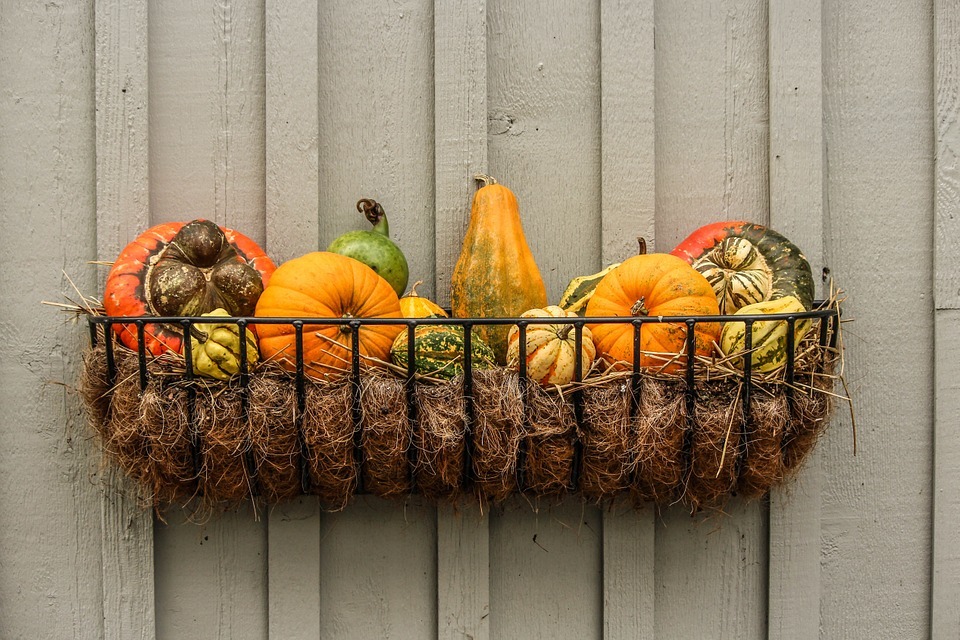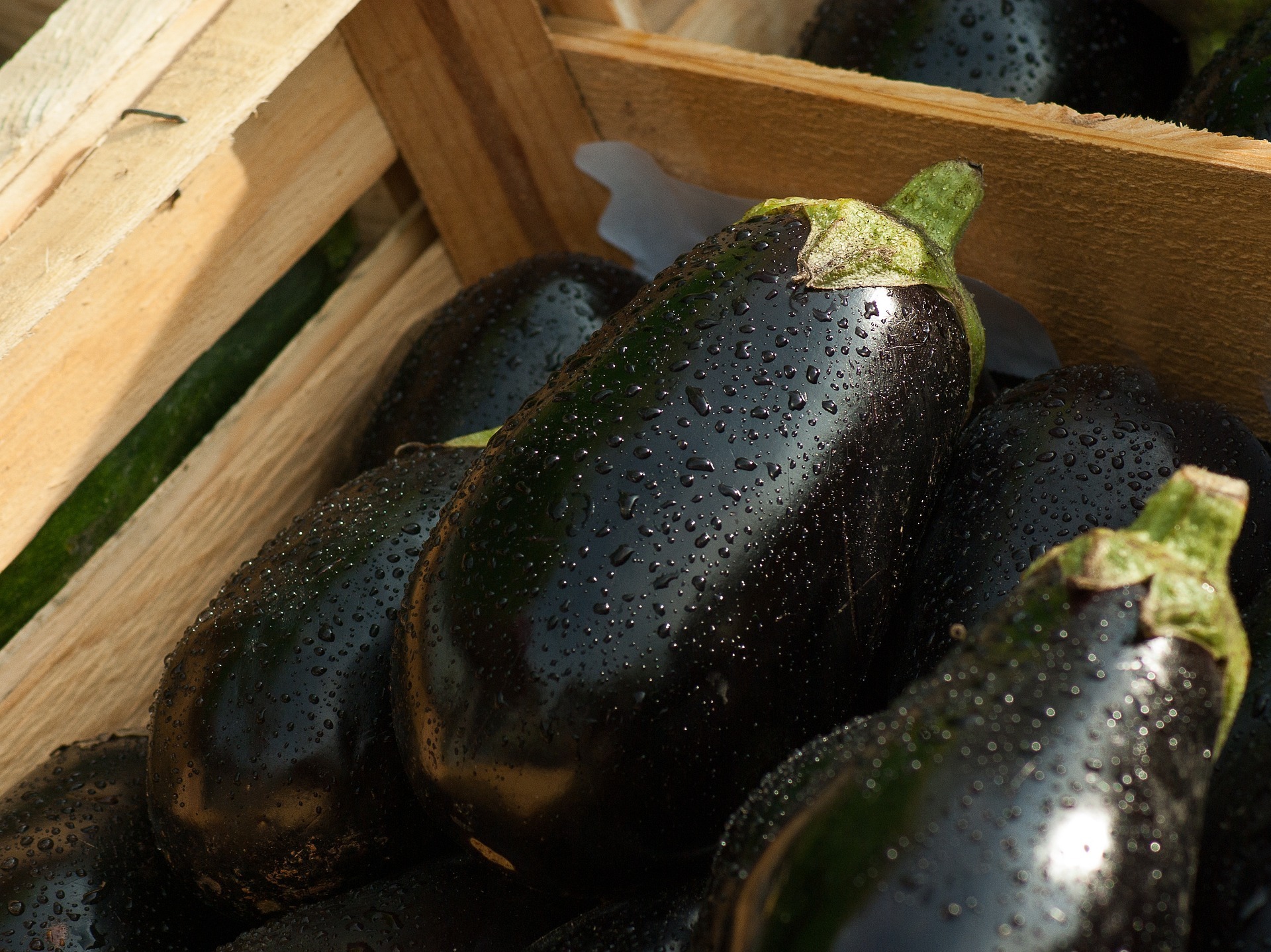Always eat your veggies! Vegetables should be irreplaceable in your diet. The health benefits and nutritional values of vegetables are numerous. People who incorporate vegetables into their diets have better immunity against chronic health illnesses.
Vegetables, along with fruits, provide essential nutrients for the human body.
The autumn season is a perfect time for planting vegetables. The weather conditions during autumn are favorable for vegetable growth; the atmospheric temperature is generally low, and the sunlight is less harsh compared to other seasons. Many varieties of vegetables cultivate well during the autumn season.
From September to December, the autumn harvest favors the production of a variety of healthy and delicious vegetables, from turnips and sweet potatoes to beets and beets.
What vegetables are readily available during the autumn? What autumn vegetables are the healthiest? Which autumn vegetable should you include in your diet? These are questions most people ask at the grocery store. Sadly, your grocery store attendant might not have the answers to all your questions.
Autumn vegetables are not only sumptuous, but they’re also packed with nutrients your body needs to keep your immune system at optimum levels. We have collected a list of the healthiest autumn vegetables around; this should help you on your next trip to the grocery store.
Some of the healthiest autumn vegetables are:
- Potatoes
- Turnip
- Beets
- Pumpkins
- Eggplant
- Kale
1. Potatoes
People love potatoes. It is consumed in all locations around the world. When prepared in the right way, potatoes can be useful for your health.
Did you know that potato is rich in carbohydrates and potassium? And that potatoes possess a wide range of vitamins and minerals?
Potatoes are the richest sources of potassium in the vegetable family. They provide more energy than any other popular vegetable. The concentration of potassium in potatoes is even higher than in bananas.
Potatoes are filled with phytonutrients. Phytonutrients are a natural substance found in plants that are highly beneficial to human health. They play an essential role in preventing illness. Phytonutrients like carotenoids, caffeic acid and flavonoids are found in considerable amounts in potatoes
Do you know that potatoes are good for your skin? All potatoes are good sources of vitamin C. Vitamin C is useful in the production of collagen, which gives strength and elasticity to skin tissues. If you fancy a smooth and wrinkle-free skin? You should eat a lot of potatoes. Vitamin C is beneficial in improving your immunity against diseases.
2. Turnip
Turnips might not be your first choice of vegetables because of their bland taste; however, they are rich sources of vitamins and minerals.
A vegetable belonging to the cruciferous family, turnips have very high nutritional values. They have low-calorie density and contain a wide range of vitamins and fiber.
Regular consumption of turnips is beneficial to the human body. The presence of fiber in turnips is useful in aiding digestion. Adequate fiber can benefit your metabolism and reduce your risk of chronic diseases.
Turnips are densely loaded with iron. So, if you suffer from low blood cell count or anemia, it is recommended to adopt a lot of iron-providing foods in your diet. Turnip can help!
3. Beets
Also known as beetroots, beets are super-healthy!
They possess a large number of vitamins and minerals and a low concentration of calories and fat. They also contain inorganic nitrates and pigments, which are beneficial to the human body.
Do you know many athletes use beets as a workout supplement? It improves athletic performance by enhancing blood flow, therefore, promoting the delivery of fuel to muscle. It also aids the removal of lactic acid from tired muscles.
Beets are filled with essential nutrients such as potassium, betaine, magnesium, nitrates, folate, and Vitamin C
Beets alleviate blood pressure and anemia, improve circulation and cognitive function.
4. Pumpkins
Just like in Cinderella stories, pumpkins are magical vegetables. Pumpkins are usually referred to as vegetables even though it contains seeds (which is a feature of fruits)
A superfood by all standards, it offers excellent benefits to your health. Pumpkin is rich in fiber, which can aid digestion processes. It slows down digestion, making you feel fuller for more extended periods.
Pumpkins contain vitamin A, an essential nutrient for good eyesight. It also contains lutein and zeaxanthin. These are antioxidants that prevent cataracts and muscular degeneration.
Do you want younger skin? Eat pumpkins. Pumpkins have beta-carotene, which protects the human skin from the ultraviolet rays of the sun.
5. Eggplants
Eggplants, also known as aubergines, are nutrient-dense. They contain a large amount of antioxidants. Antioxidants protect the body from diseases by removing harmful radicals from the body.
Eggplants protect your heart. It supplies your body with fiber, which reduces the cholesterol in your body by binding it with bile, so your system gets rids of it.
The bright purple color of aubergines is attributed to a particular phytonutrient that strengthens your bones and prevents osteoporosis.
Eating more eggplant can also help you regulate blood sugar due to the high fiber content. This lowers sugar absorption in a body and also slows down out digestion rates. With these factors in place, studies have shown that blood sugar levels are more likely to remain steady and not crash or spike.
6. Kale
Kale is a superfood by all standards. Like most members of the cruciferous family, kale has a massive storehouse of essential nutrients. Its leafy structure is stuffed with fiber, calcium, and vitamins. Kale might even have been on dinner plates in Ancient Rome. It is also a common vegetable in most of Europe and is from the cabbage family, which includes cauliflower, collards, broccoli, and so on.
Kale prevents diabetes. According to medical experts, it is recommended to consume foods rich in iron, fiber, and vitamins. The high concentration of nutrients in kale makes it ideal for diabetes prevention.
The leafy part of kale contains chlorophyll, which prevents the body from accumulating chemicals that can cause cancer. Kale is right for you in many ways, so let’s have a look at some specific benefits of this vegetable:
- It contains Vitamin A, which is necessary for building up a strong immune system as well as healthy bones and eyes
- It also has Vitamin C, which is good for preventing and fighting off colds as well as many chronic diseases
- Also contains Vitamin K, which helps with bone building and proper blood clotting (necessary for the healing of wounds, cuts, etc.)
- Folate, a type of B vitamin that is necessary for proper brain development
- An omega-3 fatty acid called Alpha-linolenic acid
- Zeaxanthin and lutein, which give a dark green color to the vegetable and also protect the body from issues like cataracts and macular degeneration
- Several important minerals such as calcium, potassium, phosphorus, zinc, etc.
This vegetable can help you lose weight, as it has few calories compared to its high water content. When used in salads or any other healthy way, kale can fill you up and prevent immediate cravings. What’s more, there are different types and flavors of kale, so try what you can find to change up your diet and keep it interesting.
Conclusion
Other healthy autumn vegetables include arugula, cauliflower, carrots, broccoli, cabbage, kohlrabi, and lettuce.
The autumn season brings many goodies for us. Autumn veggies can positively influence our body, boosting immunity and preventing diseases. Thanks to modern technology and improved farming, vegetables are available all year round. And you can quickly source for any vegetable of your choice and prepare them for a delicious, healthy meal.


